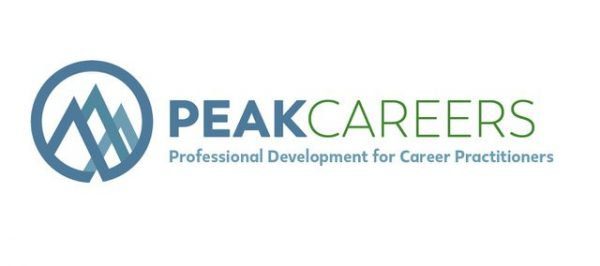Finding the work you want to do is not like brain surgery or rocket science. Yet too many people think a little bit of effort will result in a lot of benefit. They’ve been tricked into thinking this for years. Don Asher’s book, How To Get Any Job With Any Major states that people looking for work should have a 100 leads at all times. You should have seen the face on the college senior I said that to!! He figured he would apply to a couple jobs and pick the one he wanted.
It is all about effort. If you want to find work, you need to put the time in. I have to agree with Don on this one, create many options and keep creating options until you find work. Don Asher’s “100 leads” is purposefully a large number to keep people from creating 3-5 leads and then sitting back and letting those five leads play themselves out, only to find that NONE of them “played out” and now you have to go find five more. If you have 100 leads going at all times then there is no down time. Yeh, except for a fortunate few it is a lot of work finding work.
Turn over a lot of rocks. I tell students and clients this all the time, “You have to turn over a lot of rocks to find what you want.” I want people to know that it might not be “rocket science” or “brain surgery” but it IS a lot of hard work and that it is one rock at a time. You make that one phone call for an informational interview and hope that it leads to another informational interview or that you discover by accident that the job you REALLY want is something else now. But it all starts with the first phone call which leads to the second call, which leads to the third, etc…
If you want to be successful in anything you need to put in the time. I used to tell students at college orientation that each semester about 90-100 students are dismissed from the college at the end of the fall semester and that NONE of them are because they “could not do the work.” It was because they “did not do the work.” The lesson, “do the work.” Malcolm Gladwell makes a fairly persuasive argument that you need 10,000 hours to really become an expert. Well, I hope no one has to spend 10,000 hours finding work but you clearly get better when you put in your time.
Here are 7 “rocks you can turn over.”
1) Informational Interviews. Nearly always one of my action steps when working with students or clients is to recommend informational interviews. I have been in the career business for over 25 years and I do not know all the jobs out there. So you can’t either. Go explore and learn.
2) Network or “reach out to others.” Don’t worry what you call it, people help people, computers do not. Identify people in your inner circle of friends and contacts but understand that it is the next layer out that is often the most helpful to you. Ask your inner circle if they know someone who might be helpful to you.
3) Get involved with your Chamber of Commerce, professional associations, local, regional, or national, and volunteer to help out in some small way. Especially for introverts, it is easier to meet people if you are actually DOING something.
4) Check out the wide variety of groups on LinkedIn. Pay attention to the keywords used, the people who are adding value to the discussion, the companies represented, and any trends. The “movers and shakers” are participating on LinkedIn. If you are interested in a person, reach out to them, you’ll be surprised that most of them will be happy to chat with you and offer advice. (Remember, NEVER ask for work, only advice initially.)
5) Review your resume and cover letter and don’t fool yourself and think it is perfect because you wrote it. I help people with their resumes all the time. When I was applying for a special project and needed to target my resume for that project, I sought advice from a few career counselor friends. They ALL gave me great advice on how to improve my resume. Seek input.
6) Review your LinkedIn profile. I have a reminder that pops up in my calendar on the 3rd Thursday of each month to review my LinkedIn profile and my Peak-Careers Facebook page. Is there anything new that should be added? Is there anything outdated? Have I seen someone else’s profile and really liked how they described something? Carve some time out in your calendar and make sure your profile is active and up to date.
7) Time. This is all we have to work with. So get organized. Look at your day and week ahead and make DECISIONS on where you will spend your time and effort.
“There’s never enough time to do all the nothing you want.” ― Bill Watterson
“Continuous effort – not strength or intelligence – is the key to unlocking our potential.” Winston Churchill
Note: This is the lead blog for my August 2014 newsletter. If you are interested in reading more on this topic check this out. http://bit.ly/turnoverrocks
———————————————————–
Jim Peacock is the Principal at Peak-Careers Consulting and writes a monthly newsletter for career practitioners. Peak-Careers offers discussion-based online seminars for career practitioners focused on meeting continuing education needs for CCSP, GCDF and BCC certified professionals as well as workshops for career practitioners and individual career coaching.
Sign up here to receive my TOP 10 TIPS WHEN WORKING WITH AN UNDECIDED PERSON. You can also receive the career practitioners newsletter which includes a variety of career topics, industry news, interesting events, and more.




Leave a Reply